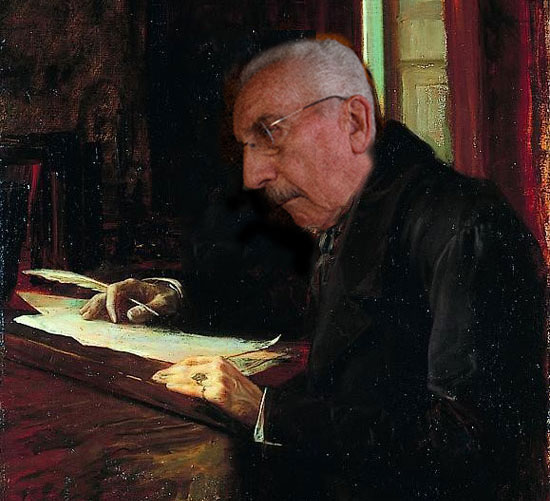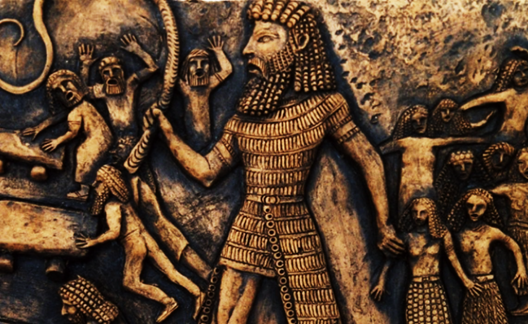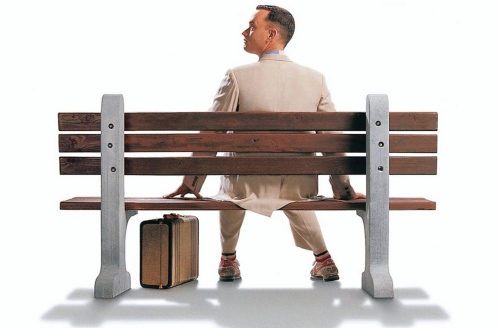Either / Or
In the past several weeks, I have become fixated on the mindset of Søren Kierkegaard. As one of the great philosophers of the past couple hundred years, he used various writing formats like books, pamphlets, poetry, and parables to convey his insights. My last article dealt with Kierkegaard’s A Parable about Geese.
This is my version of a Kierkegaardian parable. Additionally, I think that Kierkegaard and I look similar.

Once upon a time, long ago, and in a faraway place, the locals called it Utopia. The people in this near-paradise seemed to be living well and were happy. Well, that is based on who you asked.
The pleasant and happy Utopia contained various groups. One such group called itself the Agamians. They were into keeping Utopia as it was or returning it to an even happier time. They wanted clean water, air, tranquility, and a content society.
Agamians were also into freedom for all people, especially those who wanted utopian ideas similar to their beliefs. Equality was a driving force, especially for those Agamians when it came to women. They were all-caring when it came to women. Their equalitarian mindset was to make it easier for women to live. The male Agamians voluntarily told females they didn’t have to deal with all aspects of their reproductive health. The men would take care of everything.
There would be no abortions of any type, nor would there be control pills for women to even think about. Men are so caring that women could just ease on down their yellow brick roads without even addressing their reproductive rights.
Even though the Agamians saw themselves as caring males in their utopia, some women weren’t in that caring mindset. These women didn’t need to be cared for by the Agamian males. Even more fascinating was that many men who weren’t Agamians supported the women.
That combination of women who wished to decide for themselves and a few men offered the Agamians an alternative means of dealing with women. Actually, their idea was quite simple. Women and some men suggested that instead of dealing with women, go to the source of the problem...men. Since pregnancies don’t just happen, men would be restricted from any sexual conduct with women. That would solve the problem of unwanted pregnancies, making it a moot point.
However, if a woman wanted to be pregnant, her partner was allowed to have sex. If the woman didn’t want to have sex or get pregnant and the man still had sex with the woman, he would be arrested and charged with various felonies, even as many as thirty-four indictments.
This also addresses birth control. If the woman wanted to have sex with her partner but wanted to plan when she would be a mother, she was allowed to use birth control pills or in vitro fertilization (IVF).
It is another example of what Kierkegaard called an either/or situation. Either we truly live in a utopian world, or we will all suffer in a dystopian world.














